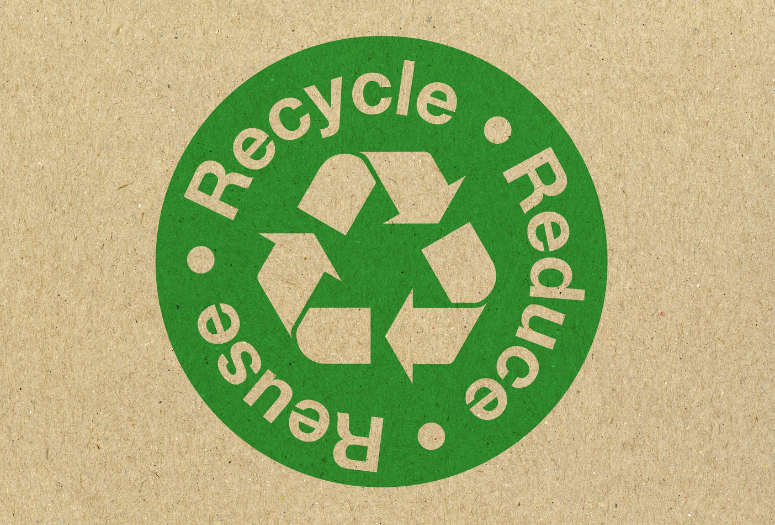The need for businesses to become increasingly environmentally aware should be obvious to most people in 2022. We are living in a time of unprecedented change where we are beginning to see the effects of global warming and climate change take hold of our planet. Our reliance on fossil fuels as a source of energy and in the production of materials such as plastic has been driving global greenhouse gas emissions that the Earth cannot tolerate without resultant changes in global temperatures, risks of extreme weather patterns, and an environment that is becoming less hospitable to humankind. Thankfully, change is beginning to happen, and business is moving in a more environmentally conscious direction. Today is a perfect time to start a recycling business that can be successful with the right mix of knowledge and equipment. In this article, some key tips for starting such an enterprise are explored.
Research Government Grant Schemes
Many governments around the world now offer recycling firms a mix of grants, tax breaks, and other incentives to encourage the rise in recycling facilities. For example, in North Carolina, recycling firms can purchase recycling equipment at a sales tax rate of just 1% (subject to specific criteria being met). A recycling operation will rely on a range of recycling equipment from balers that compress and pack the recycled material that are offered by companies such as recyclingbalers.com, to gloves and safety shoes for the workforce. Having access to a range of tax breaks and government-backed incentives is a real plus for businesspeople wanting to start a profitable recycling concern and these should be investigated at the outset of the creation of the business plan for the company.
Decide on the Plant Location
One factor that is of paramount importance to the success of a recycling plant is its location. Ideally, a recycling plant should be within a short distance of major road and transportation networks so that the finished recycling product can be transported to buyers and wholesalers. In addition, the plant must be located in an area of low-ground rental so that these fixed costs are minimized. Whilst recycling plants are likely to be in industrially zoned areas, they must also be a reasonably close distance to the local workforce so that potential employees are prepared to travel to the plant every day for their shifts. Finding the right mix of all these factors will be a prime consideration for the business owner. It is worth researching a range of such potential sites that seem suitable for the plant. Local governments may also offer some form of grants for new industries to set up trading in their locations and these can prove to be attractive incentives for the location.
Choose What You Will Recycle
Another immensely important consideration is the materials that the plant will be recycling. Clearly, there are a wide range of recyclable materials such as paper, plastic, glass, and metal to name a few. Some materials may have greater value than others which will be a prime determinant to the profitability of the venture. However, it is also important to understand what your competitors are recycling and what demand there is for specific materials. If a competitor focuses on some types of material and can deal with a large volume of this waste, it is more prudent to focus on less well-represented materials that have fewer competitors.






